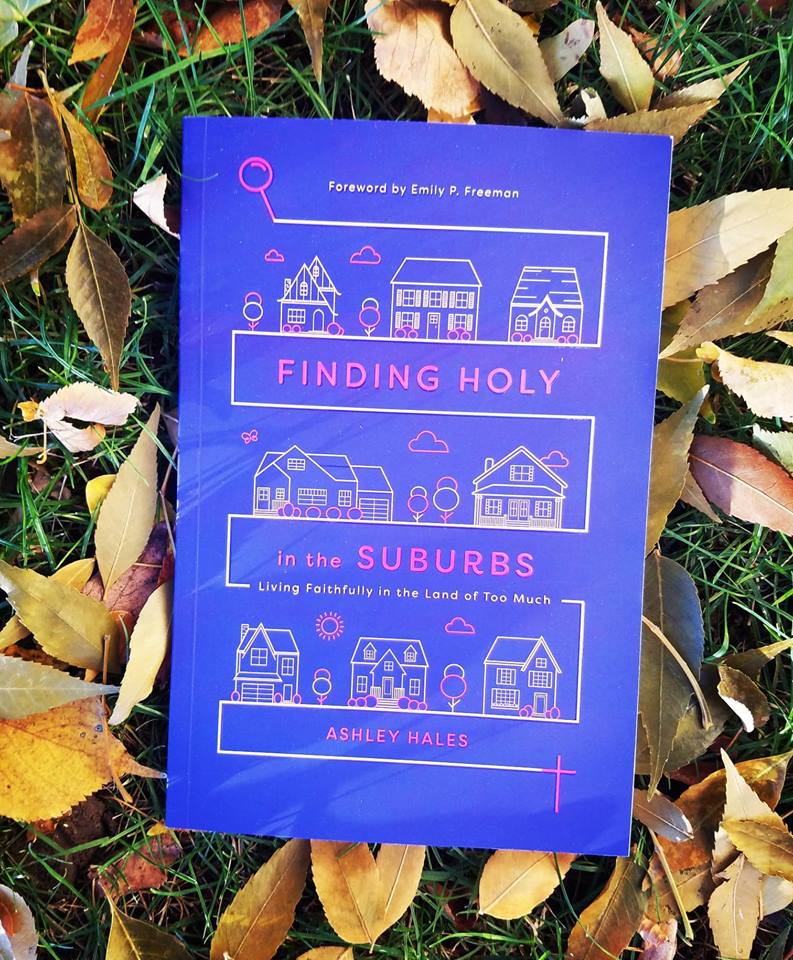
By Heather Legge | Instagram: @heatherand2girls
As a person with serious chronic illness, I’ve been asked how the Coronavirus has affected me. To be honest: not much. These hard circumstances we are facing as a country are sometimes the daily norm for the chronically ill. Even in times when we’re not facing a pandemic, as a whole we tend to struggle with loneliness, isolation, financial insecurity, and more. For many with chronic illness, we’ve had years to come to terms with our circumstances. You haven’t. So I want to encourage you as we continue to live out this (to quote my HR director) “adventurous time.”
A huge percentage of the country is experiencing job loss, financial insecurity, fear, isolation, loneliness, and uncertainty. Feeling lonely, stuck, and unable (or scared) to resume ordinary life is difficult. Your feelings are valid. You may feel anger, sadness, or fear. But you also might feel relieved that you don’t have as many places to go; your to do list is cut short. It’s okay to feel these emotions. And they may change minute to minute, hour to hour, day to day. It’s a new (hopefully not forever) life, and it takes time to get used to.
The pandemic hasn’t been a big disruption to my life, it’s more of an extension of the way things were. Some days I forget about Covid-19 because it’s fairly usual for me to not leave my apartment often. While I experienced anxiety when the virus started to ramp up, it didn’t take long for me to realize my daily life wouldn’t be much different.
I do want to be clear that I have been privileged during this time to keep my job (and work from home) and to have found a bit of financial security (I was approved for disability literally right before life shut down). Chronic illness leading to reduced work and financial problems are sufferings I struggled with for many years and I’m thankful to have some resolution and peace. They are also hardships that didn’t happen overnight, but over an extended period of time. And resolution was over a long period of time too. You may find yourself in your current situation overnight. We all need endurance for our struggles, and this might be the beginning of your struggle.
The answers won’t come quickly. My heart has been incredibly heavy for many people experiencing hardship right now, and the ways I have been able to help in even the tiniest way is to be able to look at my own suffering and see and remember how God provides. Physical healing hasn’t been a reality for me, but God’s provision has looked like peace and acknowledging at the end of each day I had what I needed. What I think I need each day is different from what I have, and that’s also part of the acknowledgment and remembering of God’s provision.
I’ve learned how to sit with my suffering, and this has been especially helpful during shelter in place orders. When I find myself becoming anxious over data and news reports, I retreat to a quiet place and remember that each breath and moment is a gift.
While most of my days are currently unchanged, what is different for me is that I feel more noticed and more like a valued human being. I had become accustomed to being forgotten at times. The pandemic has opened my life up in a new way because I can more easily access activities. For example, there were many Sundays I didn’t go to church because I was in too much pain or was too exhausted, and now I can choose to watch the service online.
I’ve also noticed lately that people in the community have remembered me. There have been times in the past where I’ve laid on my couch, so sick, and unable to cook or get groceries and needed help. Now, because I am considered high-risk for the Coronavirus, there are friends and coworkers who text me when they are going to the grocery store to see what I need. I appreciate this immensely, but I struggle with why we didn’t care so much for each other until now–myself included. I can do a better job at remembering others.
What has become customary in the midst of a pandemic, I hope will be remembered when we emerge on the other side of social distancing. I will remember how my work showed me hospitality and kindness by making sure I was safe at home and how it is possible to have get-togethers remotely. I’ve enjoyed zoom groups. It’s easier for me to commit to a remote meet up when I don’t have much energy. What if in the future our small group in-person gatherings could also include someone calling in from their computer or phone? I’ll remember how people showed me love by making sure I had what I needed. I’ll remember conversations via Facetime, deepening friendships I may have missed out on.
These are difficult times, and more than ever, I have seen people loving one another and people reaching out to those who cannot leave their homes. When life re-opens in stages, let’s continue to love our neighbors. Let’s continue to extend hospitality, maybe in more ways than we thought possible.
About Heather:

Heather Legge is a storyteller at heart with a desire to create a warm place for people who experience loneliness and feelings of isolation during hard circumstances. Sorrow and hope, suffering and joy, grief, and love; all can coexist. Raised in New England, she lives in Virginia with her two middle school aged daughters, two cats, and a hedgehog. Heather has several serious chronic illnesses that have shaped her story and her desire to truly live each small moment. Heather graduated from Wells College in 2001 with a B.A. in Public Policy, concentrating in social policy and bioethics. You can find more from Heather at www.livingthesmallmoments.com and on Instagram @heatherand2girls.
Image by Photo by Tim Mossholder on Unsplash




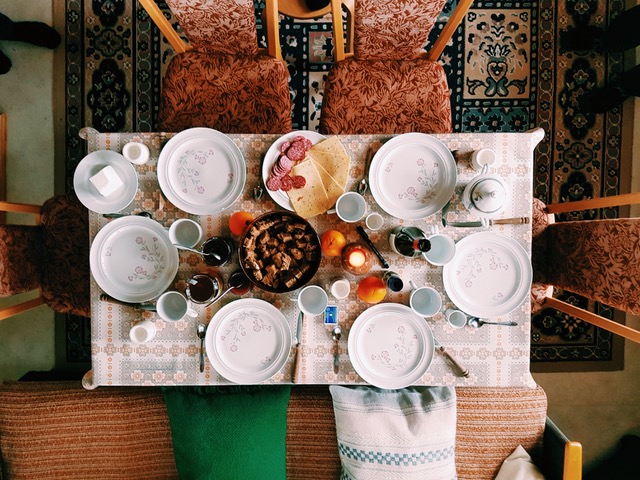





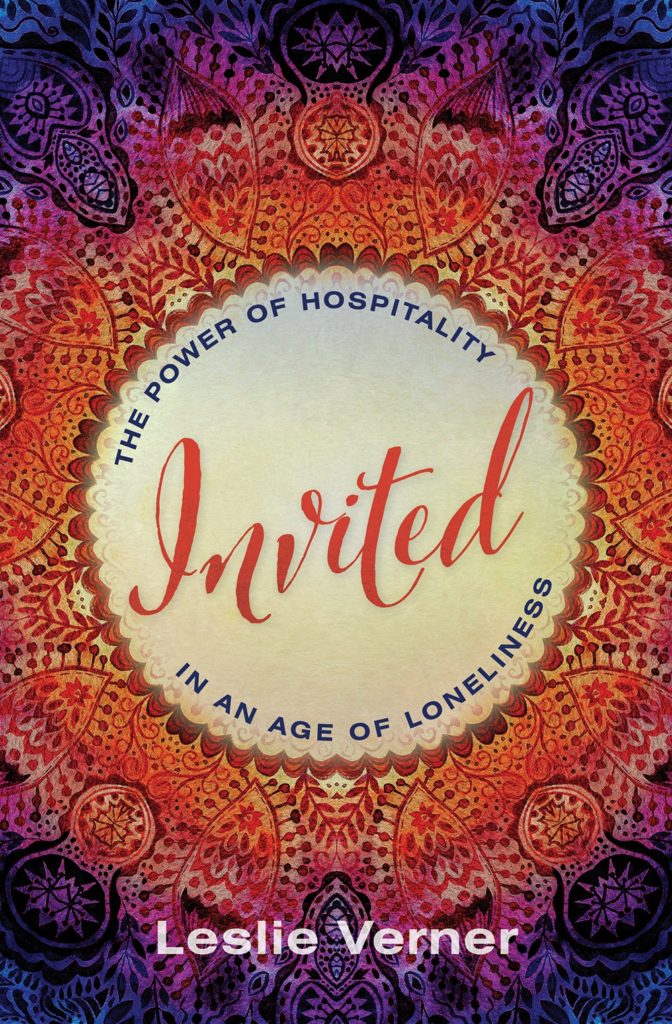
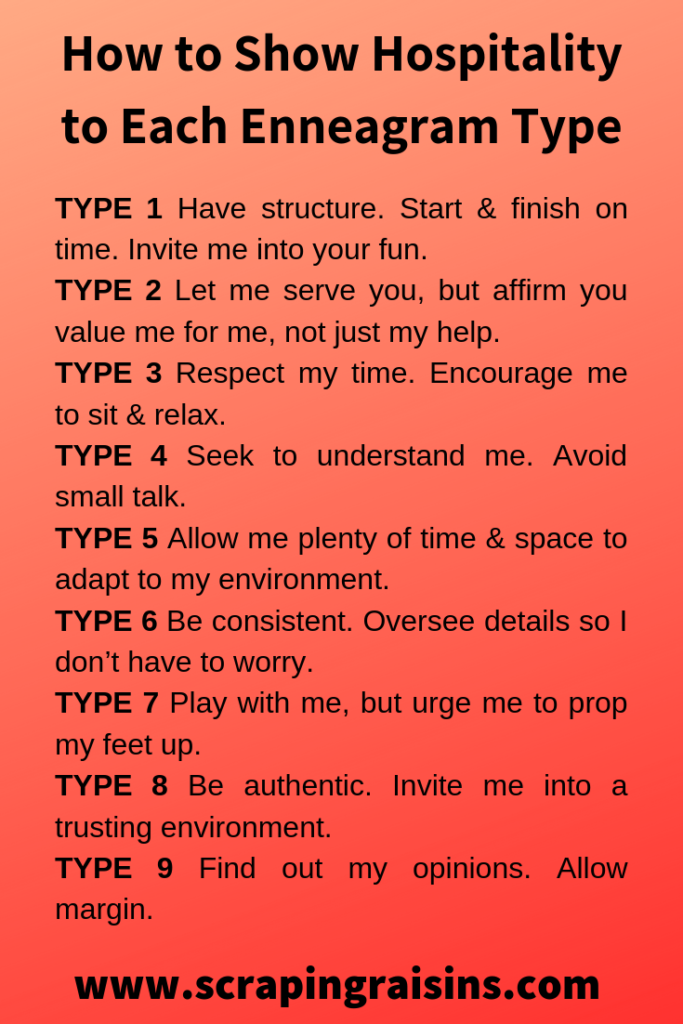



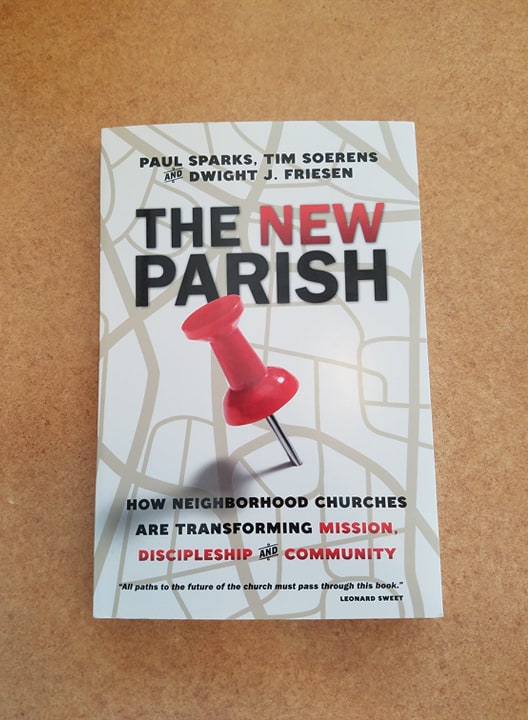
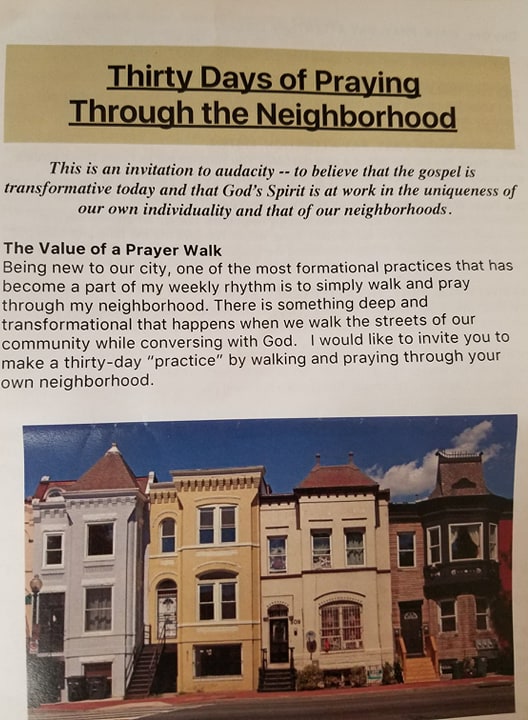

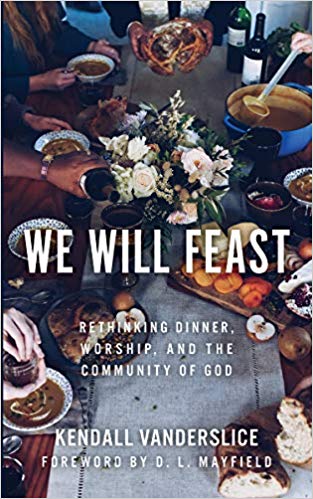

 Josi grew up on a farm in rural Nebraska. She received a Masters in Biblical and Intercultural Studies in Chicago. Shortly thereafter, Josi and her husband moved to West Africa to do business and non-profit work. Once they returned to Chicago, they worked for a refugee resettlement agency. Now they work for
Josi grew up on a farm in rural Nebraska. She received a Masters in Biblical and Intercultural Studies in Chicago. Shortly thereafter, Josi and her husband moved to West Africa to do business and non-profit work. Once they returned to Chicago, they worked for a refugee resettlement agency. Now they work for 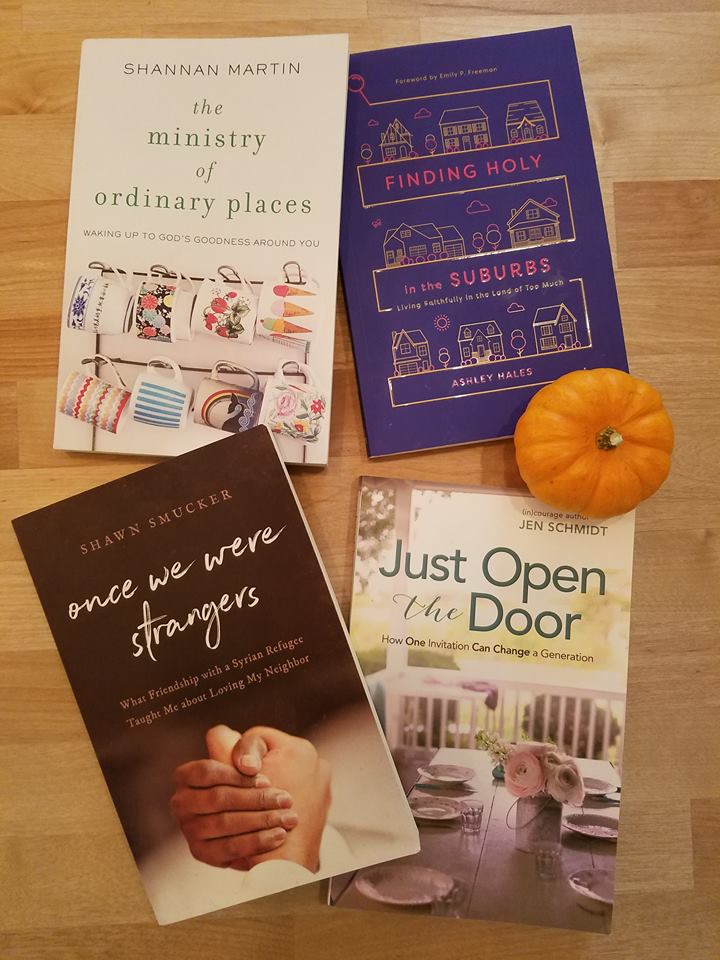
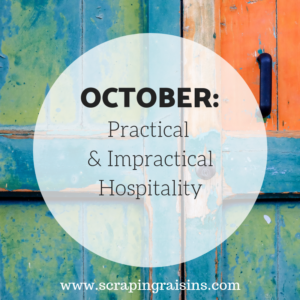 This month on Scraping Raisins we’re talking about practical and impractical hospitality. Be sure to follow along on my social media channels (buttons on top right of website) and
This month on Scraping Raisins we’re talking about practical and impractical hospitality. Be sure to follow along on my social media channels (buttons on top right of website) and 